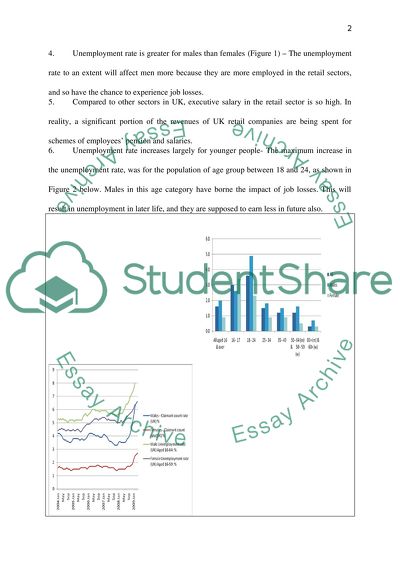Cite this document
(“Retail business Dissertation Example | Topics and Well Written Essays - 5000 words”, n.d.)
Retrieved from https://studentshare.org/marketing/1396813-economics
Retrieved from https://studentshare.org/marketing/1396813-economics
(Retail Business Dissertation Example | Topics and Well Written Essays - 5000 Words)
https://studentshare.org/marketing/1396813-economics.
https://studentshare.org/marketing/1396813-economics.
“Retail Business Dissertation Example | Topics and Well Written Essays - 5000 Words”, n.d. https://studentshare.org/marketing/1396813-economics.


